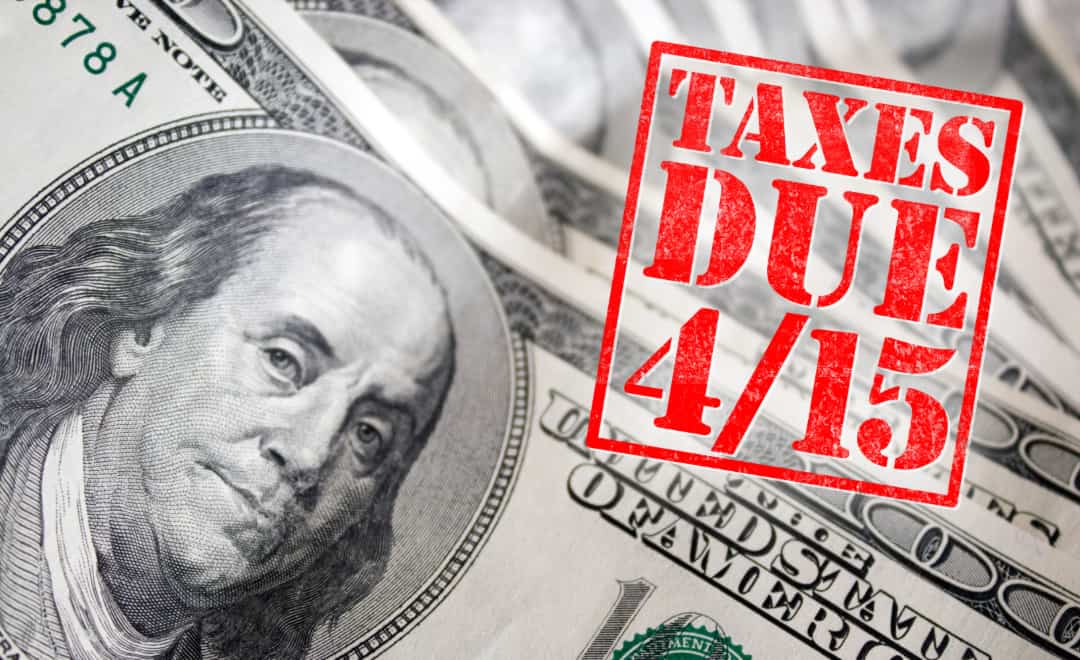The federal income tax filing deadline for most individuals is Monday, April 15, 2019. Residents of Maine and Massachusetts have until Wednesday, April 17, to file their 2018 tax return because April 15 is Patriots’ Day and April 16 is Emancipation Day.
Need More Time?
If you’re not able to file your federal income tax return by the due date, you can file for an extension using IRS Form 4868, Application for Automatic Extension of Time to File U.S. Individual Income Tax Return. Filing this extension gives you an additional six months (until October 15, 2019) to file your federal income tax return. You can also file for an automatic six-month extension electronically (details on how to do so can be found in the Form 4868 instructions).
Note: Special rules apply if you’re living outside the country, or serving in the military outside the country, on the regular due date of your federal income tax return.
Pay What You Owe
One of the biggest mistakes you can make is not filing your return because you owe money. If the bottom line on your return shows that you owe tax, file and pay the amount due in full by the due date if at all possible. If you absolutely cannot pay what you owe, file the return and pay as much as you can afford. You’ll owe interest and possibly penalties on the unpaid tax, but you will limit the penalties assessed by filing your return on time, and you may be able to work with the IRS to pay the unpaid balance (options available may include the ability to enter into an installment agreement).
It’s important to understand that filing for an automatic extension to file your return does not provide any additional time to pay your tax. When you file for an extension, you have to estimate the amount of tax you will owe; you should pay this amount by the April 15 (April 17 if you live in Massachusetts or Maine) due date. If you don’t, you will owe interest, and you may owe penalties as well. If the IRS believes that your estimate of taxes was not reasonable, it may void your extension.
Having the Right Amount of Tax Withheld?
Taxpayers are required to pay most of their tax obligation during the year by having tax withheld from paychecks or pension payments, or by making estimated tax payments. A penalty may be due at tax time if too little is paid during the year, unless an exception applies. It seems that many taxpayers may not have properly adjusted their withholding or estimated tax payments for 2018 to reflect the many changes in the Tax Cuts and Jobs Act. The IRS has announced that it will waive the estimated tax penalty for tax year 2018 for taxpayers who paid at least 80% of their total tax liability during the year through federal income tax withholding, quarterly estimated tax payments, or a combination of the two.
The IRS continues to urge taxpayers to check withholding again this year to make sure they are having the right amount of tax withheld for 2019. You can give your employer a new Form W-4 to change your withholding.
If you have questions or need assistance, please contact the experts at Henssler Financial:
- Experts Request Form
- Email: experts@henssler.com
- Phone: 770-429-9166








